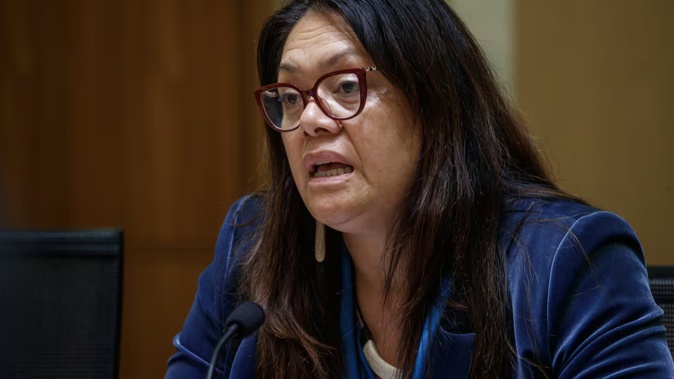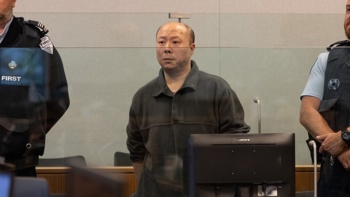
New Zealand needs another 3450 doctors in the next decade to keep up with demand for healthcare, according to a new plan released by Health NZ Te Whatu Ora.
Another 4100 nurses were also needed in the next decade, though this was a huge drop from last year’s estimate of around 8000 nurses.
Health NZ released its Health Workforce Plan today, which outlines the gaps in the health system and how they will be filled over the next three years.
It showed that all parts of the sector grew in the year to March. Growth was particularly strong in nursing, with an increase of 10.9% in full-time equivalent staff, or 3000 nurses.
Despite that growth, there were still significant workforce gaps.
Health NZ’s report said the health system was less productive than it used to be, meaning New Zealanders were not getting better, faster care. Training capacity was limited and international demand for healthcare workers made it more difficult to recruit overseas staff.
If nothing changed, New Zealand would need an estimated 3450 doctors, 4100 nurses and 4450 more allied health professionals by 2033.
The full extent of the workforce gaps is likely to be much higher, as those estimates do not include existing vacancies in the public health sector.
To address the shortages, chief executive Margie Apa said Health NZ would focus on
training more health workers domestically, getting better at recruiting from overseas and doing more to retain existing workers.
Health NZ would also changed how it delivered care by “shifting to new models of care and service delivery approaches”.
“I am confident that this plan is achievable and that through hard work, co-operation, and innovation we can start seeing improvements in our health workforce over the next three years,” Apa said.
Last year’s workforce plan stated another 8000 nurses were needed over the next decade, on top of 4800 vacancies at the time. It also said another 3400 doctors were needed, while identifying an existing shortage of 1700 doctors.
The coalition Government plans to increase domestic training of doctors by building a third medical school at the University of Waikato, though the policy is complicated by the Act Party’s uncertainty about the proposal. It is also lifting medical school places at Otago and Auckland universities by 50 places.
Health Minister Shane Reti announced funding for 50 new senior doctors and 75 senior nurses last month. Some health leaders said that was a “drop in the bucket” and opposed the competitive nature of the funding, which they said would pit hospitals against each other.
Isaac Davison is an Auckland-based reporter who covers health issues. He joined the Herald in 2008 and has previously covered the environment, politics and social issues.
Take your Radio, Podcasts and Music with you









